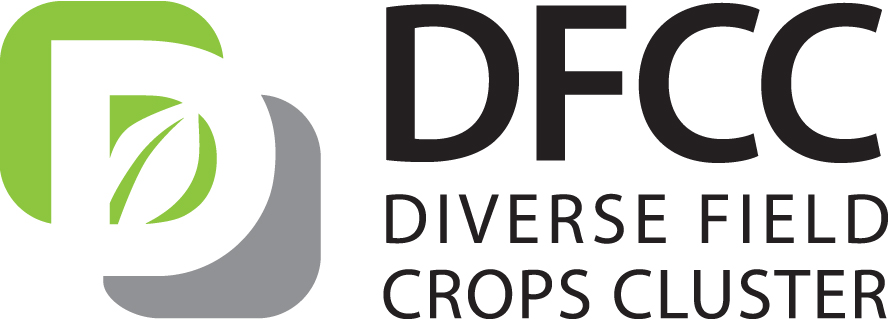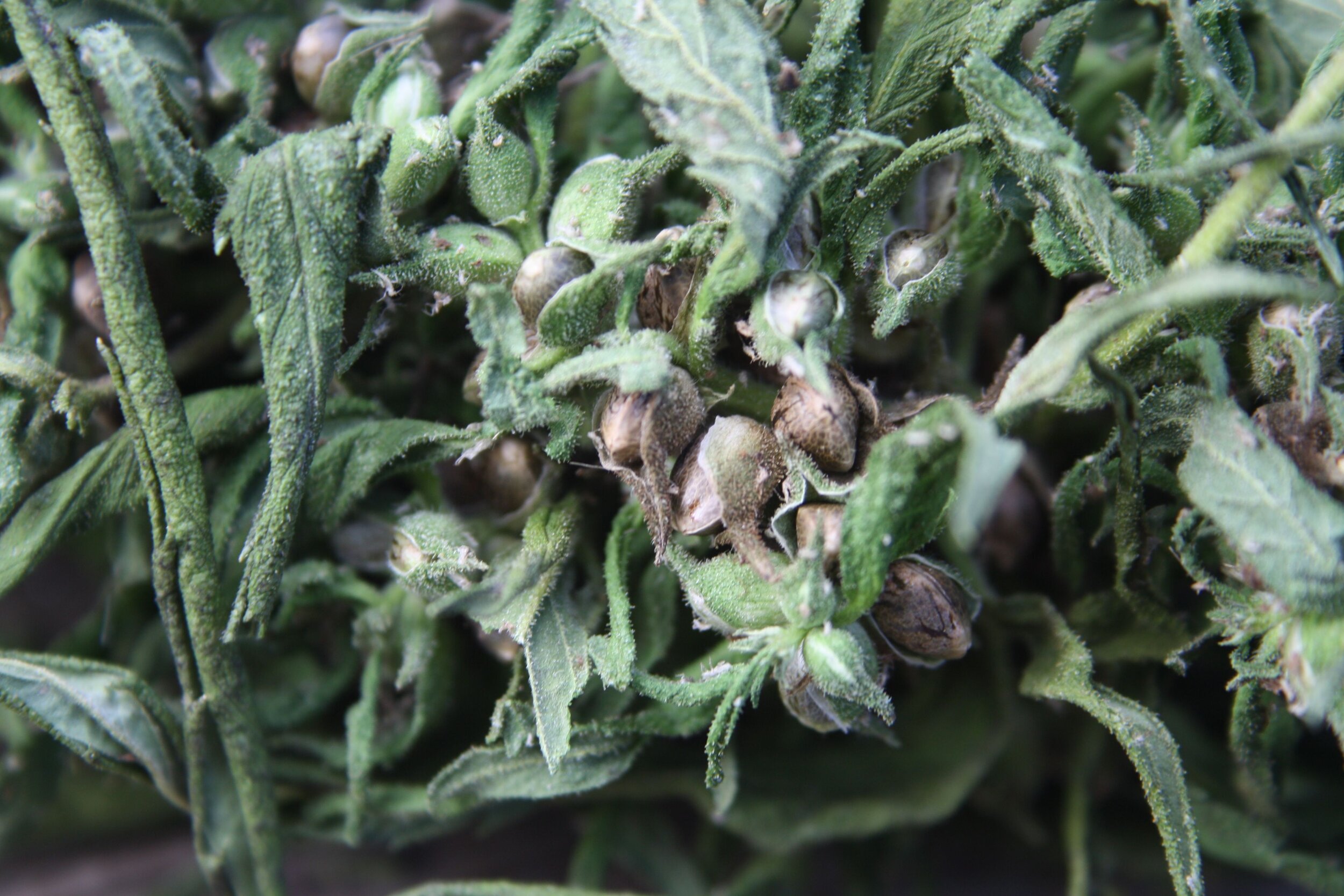Heavy metals: understanding hemp’s affinity for cadmium
Alberta researcher Jan Slaski is always excited to talk about hemp. For the last 18 years, Slaski has worked with the crop and watched it transform from relative obscurity in Canada to a bustling industry.
“People have been asking me ‘why are you are so excited about this crop?’ Hemp is everywhere, hemp is booming. I have been traveling and supporting this journey with my research and that’s what makes me happy and enthusiastic about it,” he says. “I am always learning something new with hemp – there are always new opportunities.”
In the last two decades, Canada’s industrial hemp industry has blossomed. With exports of Canadian-grown hemp on the rise, Diverse Field Crops Cluster (DFCC) is supporting research and development of this high potential crop.
Slaski is interested in how hemp takes up cadmium, a heavy metal that is found naturally in soils across Canada and around the world. Cadmium levels can increase in soils that have been treated with fertilizer containing phosphorous, manure, and municipal sludge. These treatments can exacerbate the uptake in hemp plants and other crops.
Currently, Slaski is investigating to see if levels of cadmium in grain only, fibre only and dual (grain and fibre) varieties of the crop exceed levels allowed for international trade. He emphasized that this can be a concern for producers, since more than 80 per cent of the Canadian hemp grain and products (hearts, oil, protein powder) are exported.
“We are taking proactive measures,” says Slaski, “and a tangible outcome of this study is to develop crop management recommendations for hemp growers to minimize heavy metal uptake and meet customer expectations.”
To create these recommendations, Slaski has set up a three-phase experiment to better understand hemp’s uptake of cadmium and find out where the heavy metal is distributed throughout the plant. Greenhouse trials have allowed him to control the pH levels and levels of cadmium in the soil used to grow the grain, fibre, and dual-purpose varieties.
From this work, Slaski found that cadmium uptake was dependant on soil acidity and correlated with the soil cadmium content. The more cadmium in the soil, the higher the levels in the plant. Slaski discovered that fibre varieties generally kept most of the cadmium in their roots. In grain varieties, up to nine per cent of cadmium taken up by the plant was stored in the grain itself. Fortunately, this is below the internationally accepted limit.
Phase two of this research studied soil samples and grain samples from trial sites in Alberta, Manitoba and as far east as New Brunswick. These have provided Slaski with a robust data set that gives him insight into a wide variety of growing conditions across Canada.
Phase three will focus on collecting soil and grain samples for cadmium analysis from commercial hemp fields across Canada. This final stage of the project, along with the findings of Phase one and two, will be a basis for providing recommendations to the Canadian hemp growers regarding hemp management aimed at minimizing cadmium content in the grain.
“I work for farmers and with farmers,” Slaski says, “and I am trying to answer questions that matter to them.”
Written by Erin Matthews
_____________________
This DFCC activity is led by Canadian Hemp Trade Alliance with funding Agriculture and Agri-Food Canada’s Canadian Agricultural Partnership program, Innotech Alberta and Canadian Hemp Trade Alliance.
The Diverse Field Crops Cluster (DFCC) is a unique alliance of industry partners: Canadian Hemp Trade Alliance, Canary Seed Development Commission of Saskatchewan, Saskatchewan Flax Development Commission, Smart Earth Camelina Corporation, Manitoba Crop Alliance, Mustard 21 Canada Inc, and Northern Quinoa Production Corporation. DFCC aligns industry and research stakeholders to seize market opportunities and accelerate the acreage and market returns of special crops. Ag-West Bio leads this five-year research cluster which is funded by Agriculture and Agri-Food Canada’s Canadian Agricultural Partnership program and industry partners.

